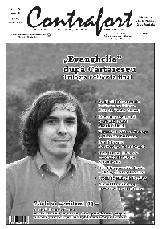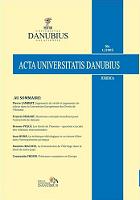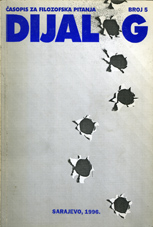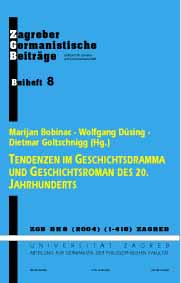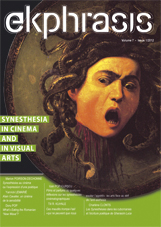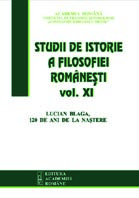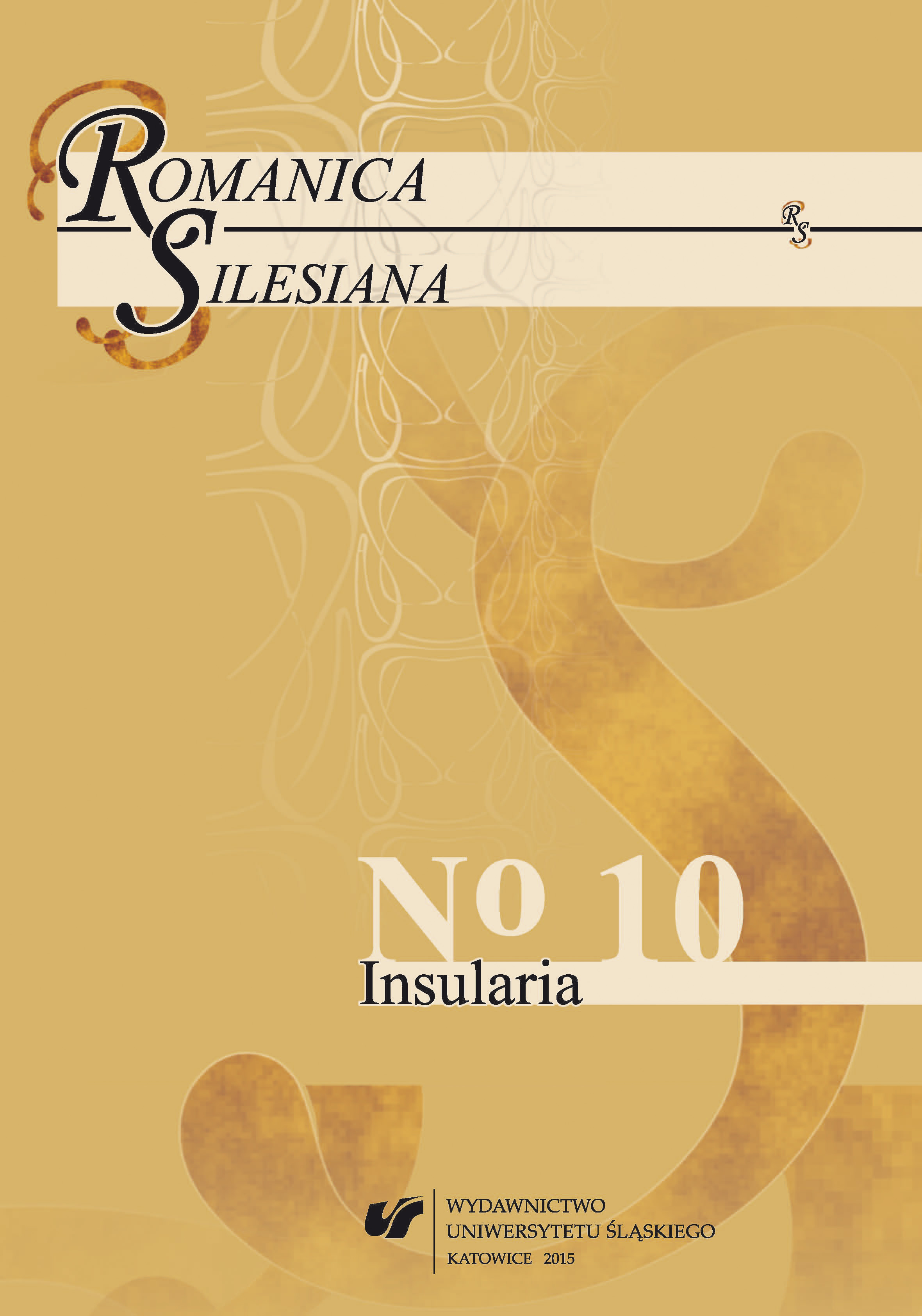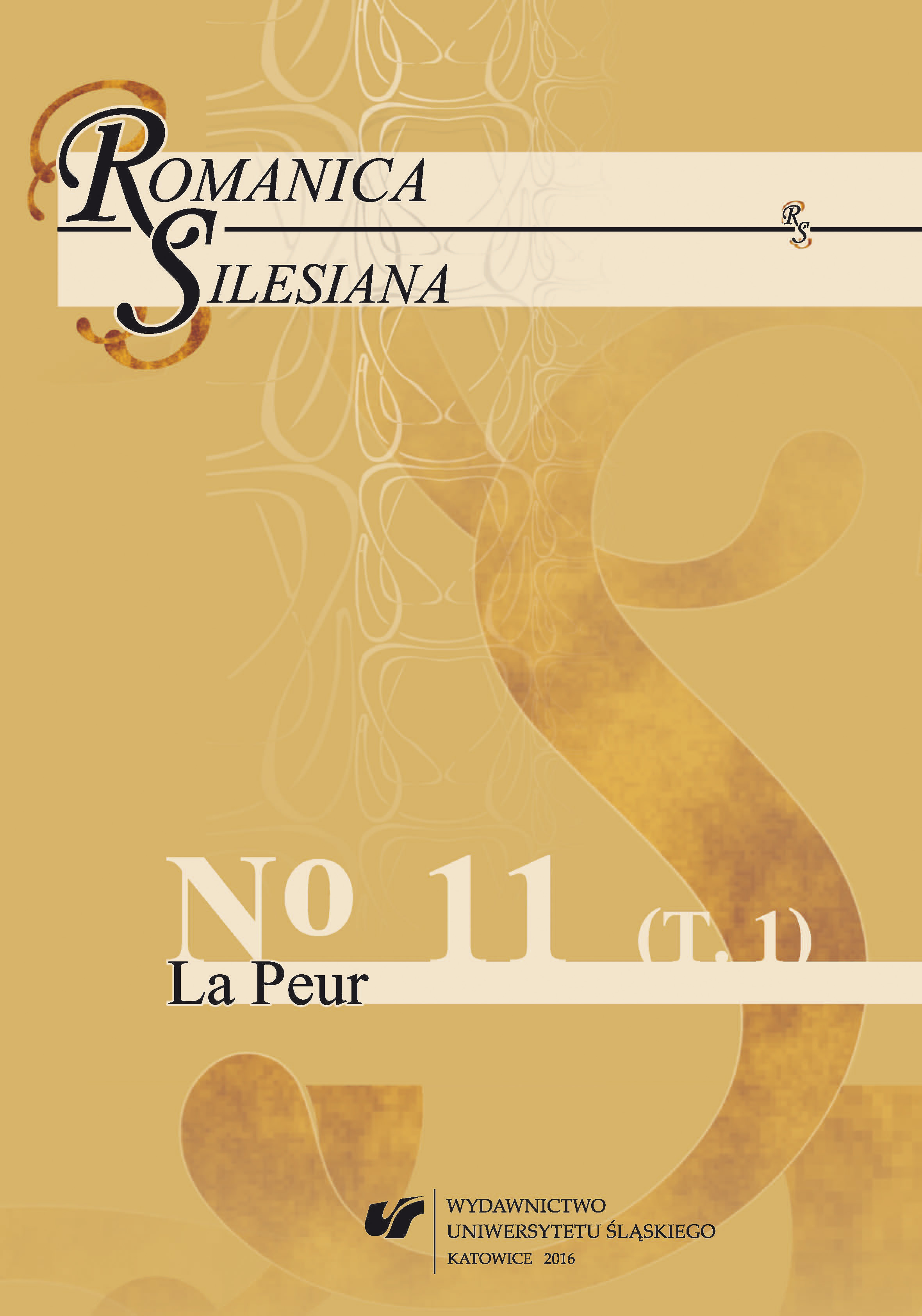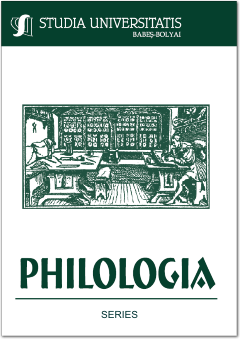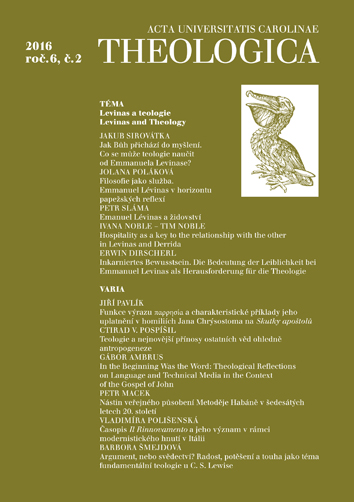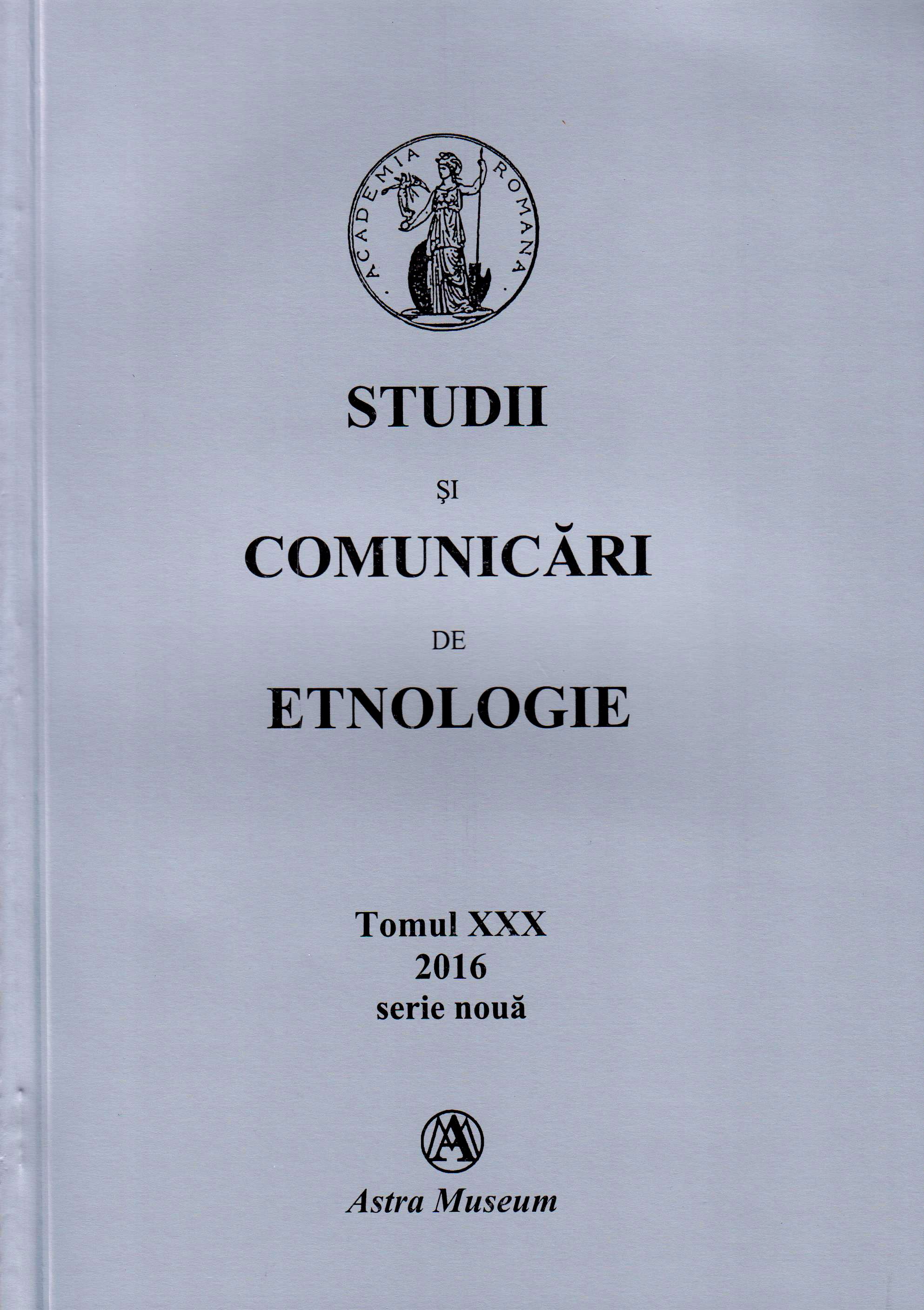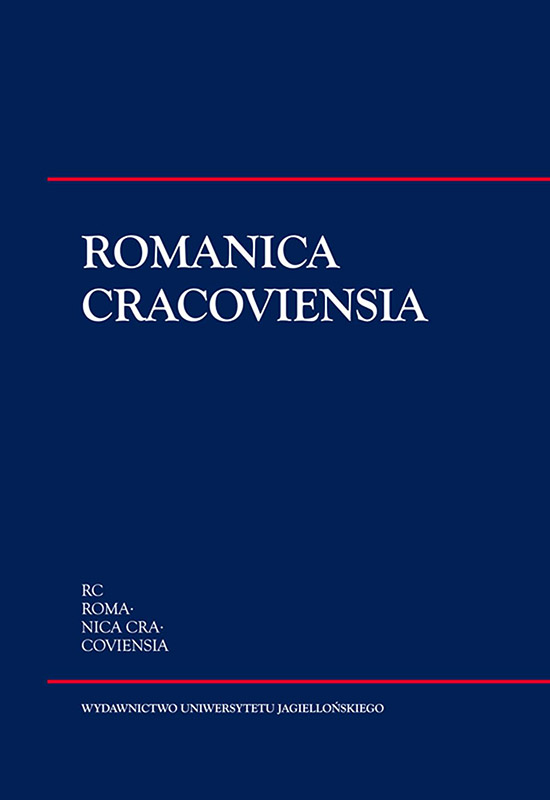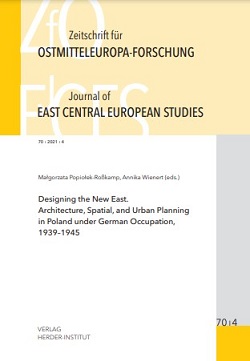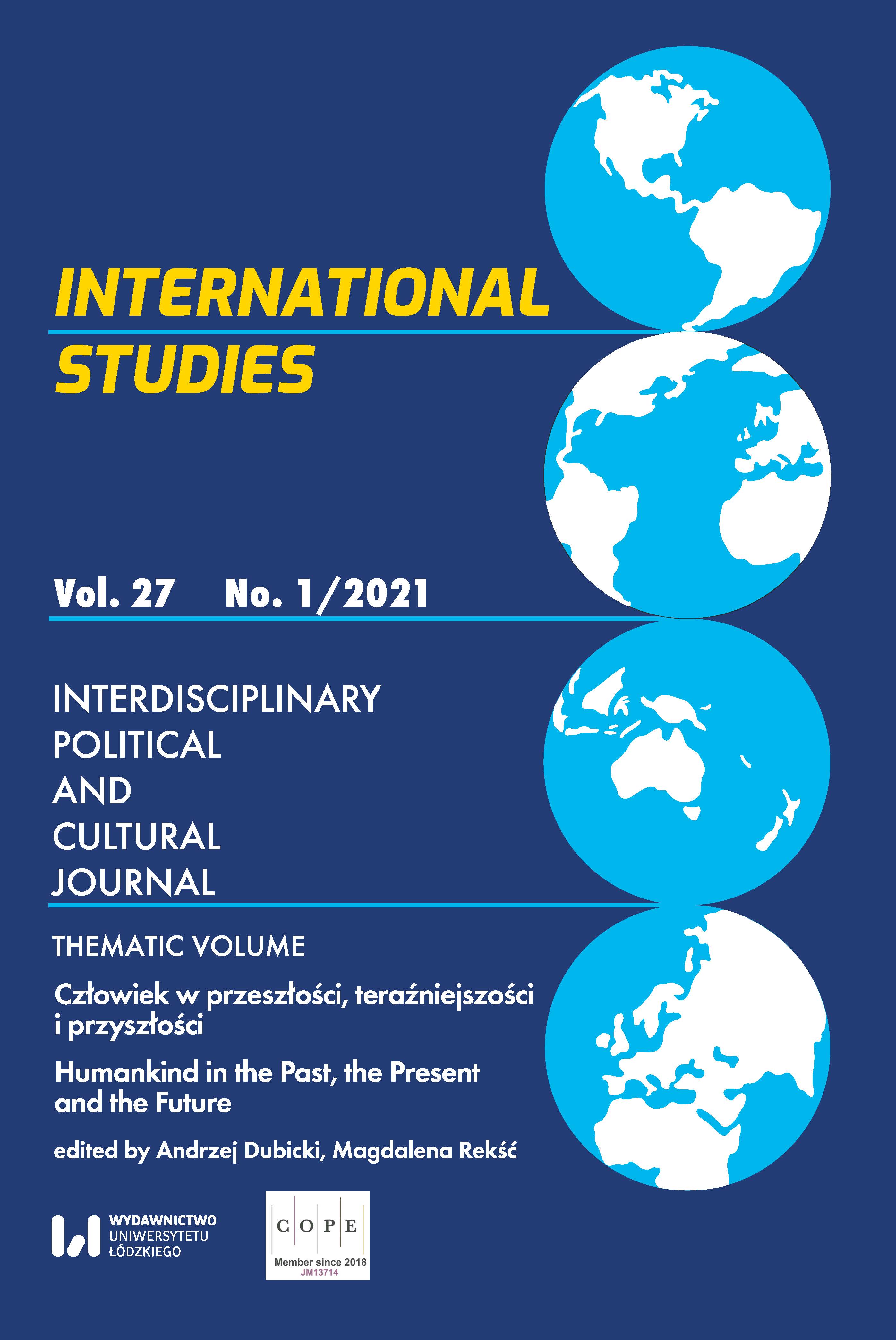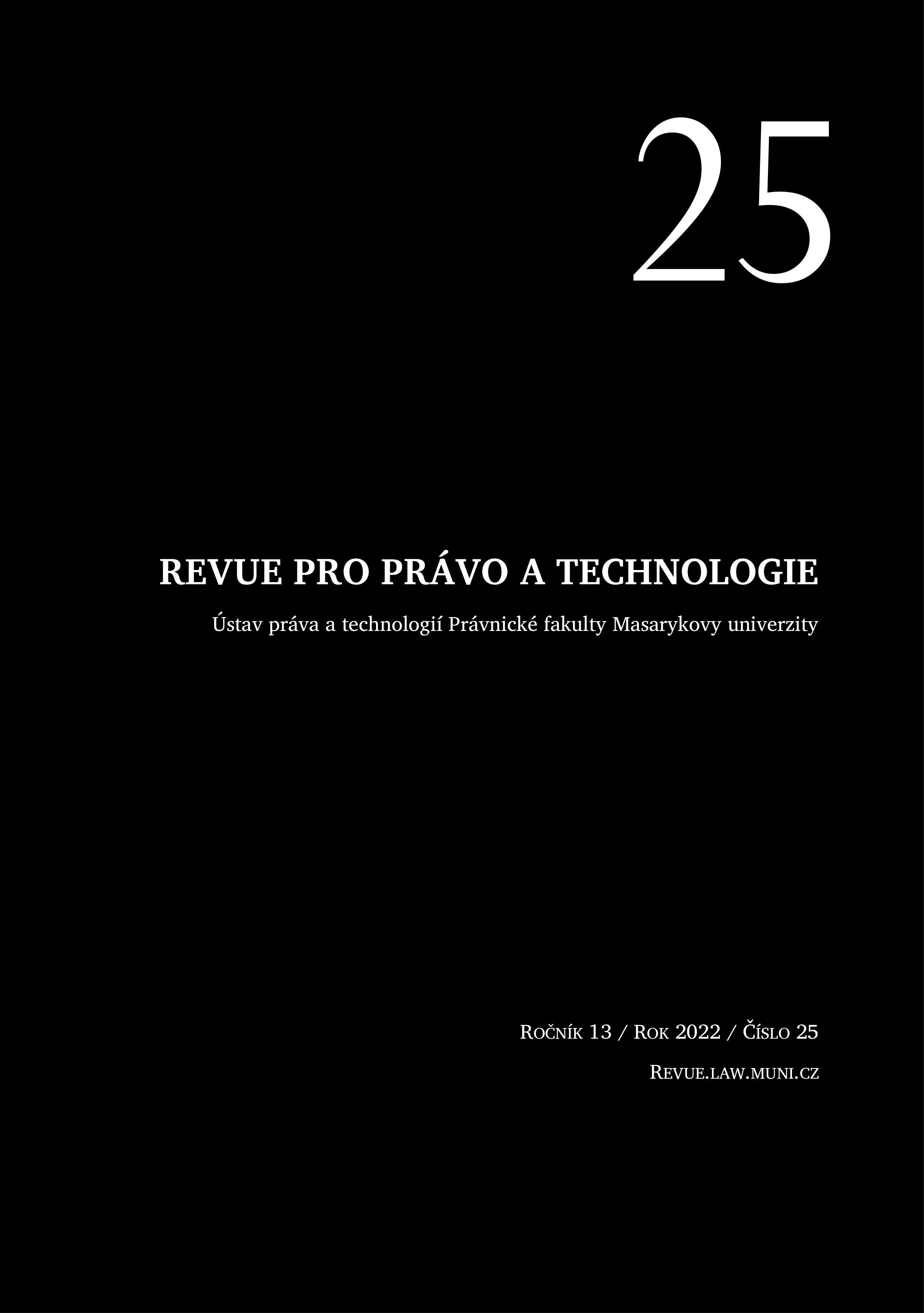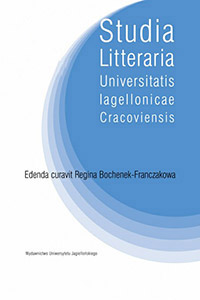
The „Naked Soul” of Dionysus. Nietzsche Reception by Stanislaw Przybyszewski
Die „nackte Seele“ des Dionysos. Zur Nietzsche-Rezeption bei Stanisław Przybyszewski
Keywords: Przybyszewski; Nietzsche; reception; ‘the overman’; ‘the Dionysian’; ‘the naked soul’; re-reading
The author of the article attempts at re-reading the work of Stanisław Przybyszewki from the perspective of the analogy, and partially thecause-and-effect-relationship, between Nietzsche’s concept of ‘the Dionysian’ and Przybyszewski’s theory of ‘the naked soul’. The author of the paper proposes that the basic element of the reception of German philosopher’s thought in the works of the genius Pole is ‘the Dionysus’ from Nietzsche’s early writings understood as a universal cosmic force connected with sexual desire, and not a voluntary concept of ‘the overman’.
More...
